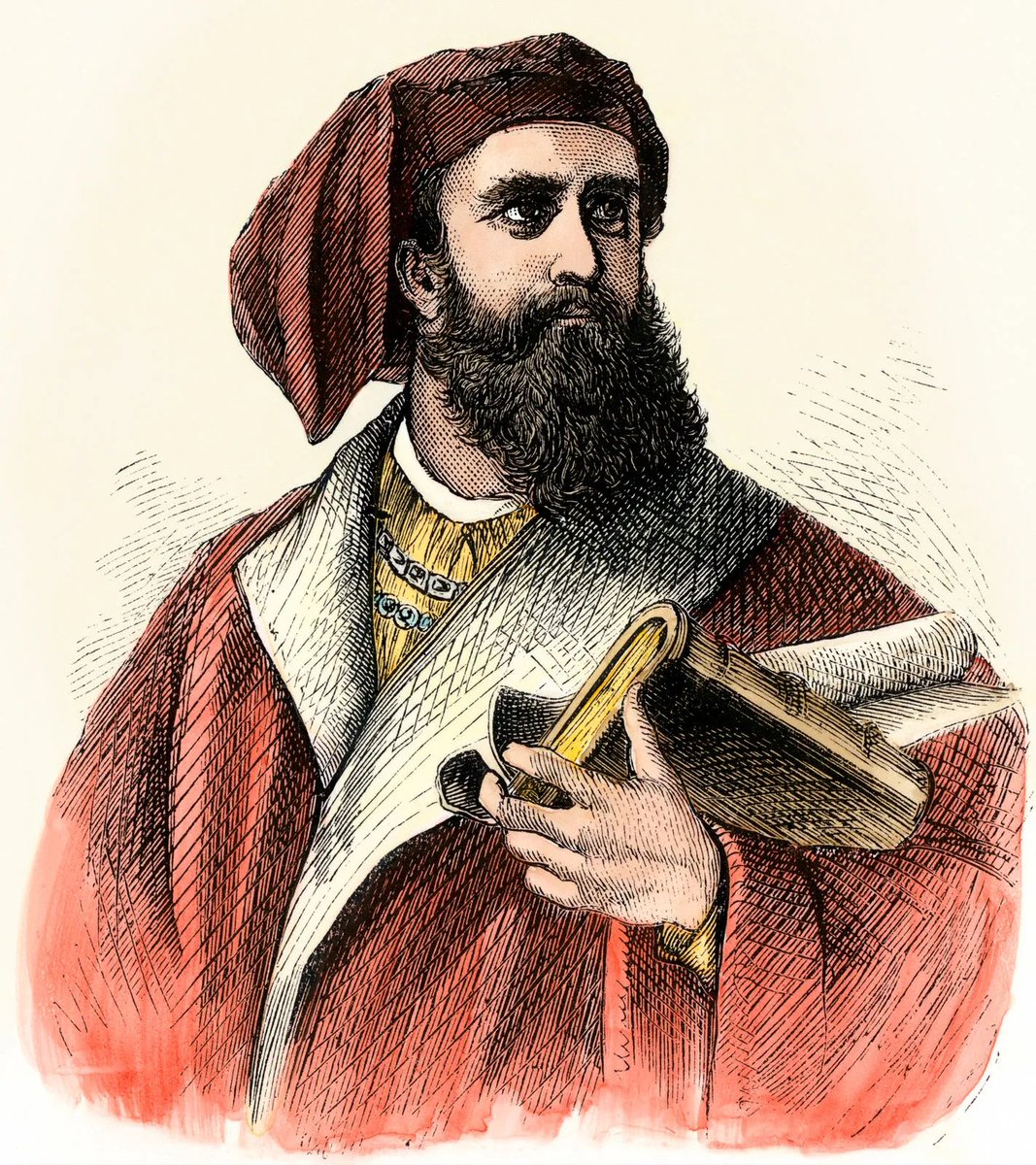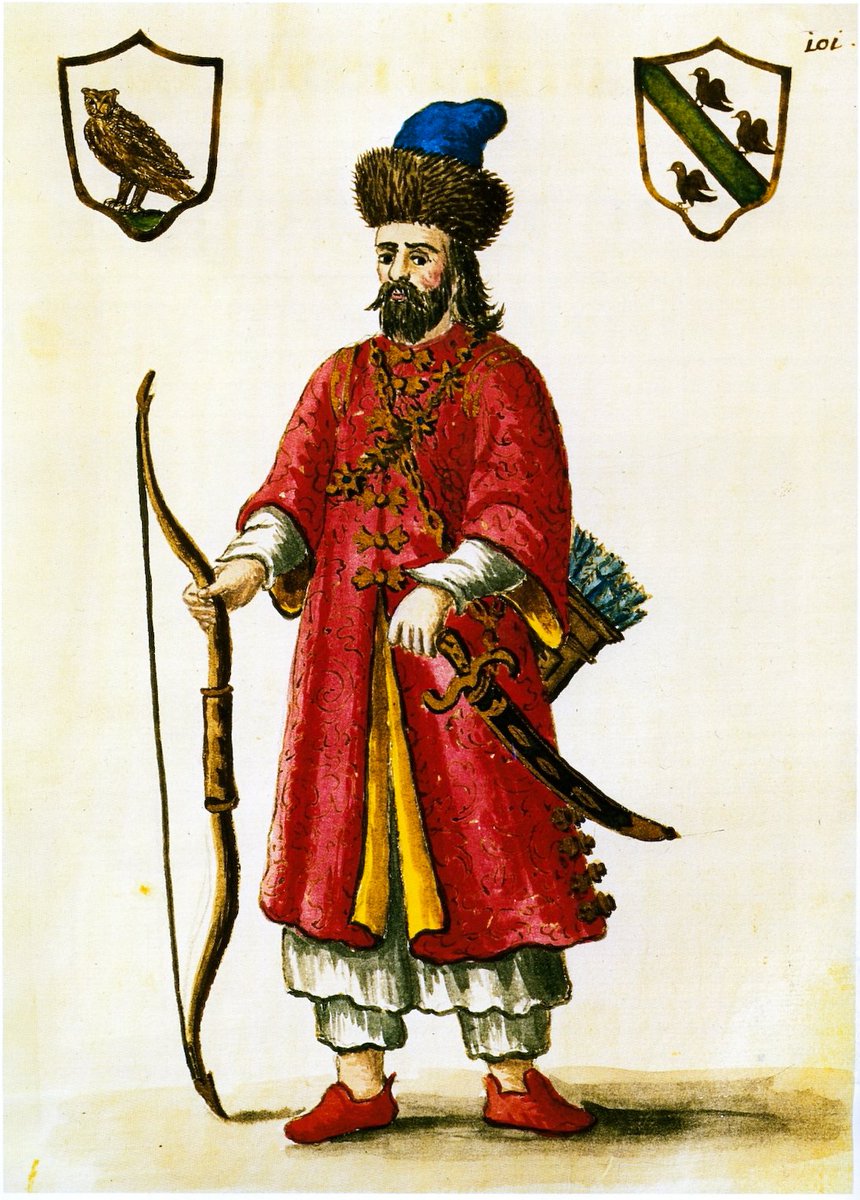
Alexander the Great is one of the greatest military commanders in world history. In 12 years, from a small kingdom in Macedonia, he built an empire extending from Greece to northwestern India. 

But after achieving so much, his most excellent military strategy is something seen commonly and used by many empires throughout history. 

Alexander's favourite military strategy was to have his troops maintain a tight rectangular formation. All his soldiers would wield a spear, sometimes as long as five metres made of shared metal-tipped wood. 



This technique known as the Phalanx was a common military tactic used in ancient Greece and many other empires which Alexander's father, Philip II noticed and adopted. 



#WorldHistoryin3Points #MoreWorldHistoryin3Points #ZacSangeeth
To read more about Alexander the great, his descendants or general history buy my books at amzn.to/3nxOCfY
To read more about Alexander the great, his descendants or general history buy my books at amzn.to/3nxOCfY
@HachetteIndia @AlexanderQuote @DeepintoHistory @myhistorytales @whencyclopedia @Britannica @TED_ED #AlexandertheGreat #Phalanx #AncientGreece #AncientGreek #AncientWars #AncientWarStrategy #strategy
@threadreaderapp unroll
• • •
Missing some Tweet in this thread? You can try to
force a refresh




























